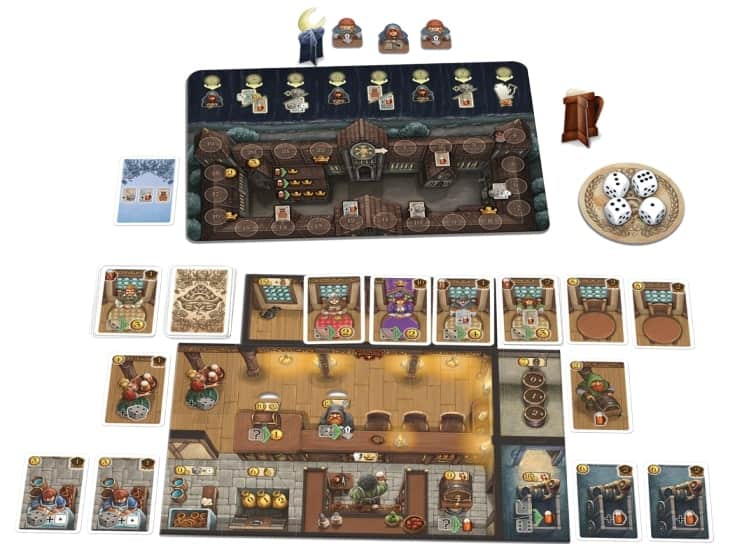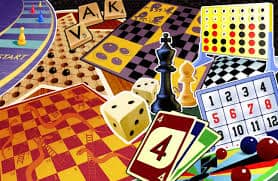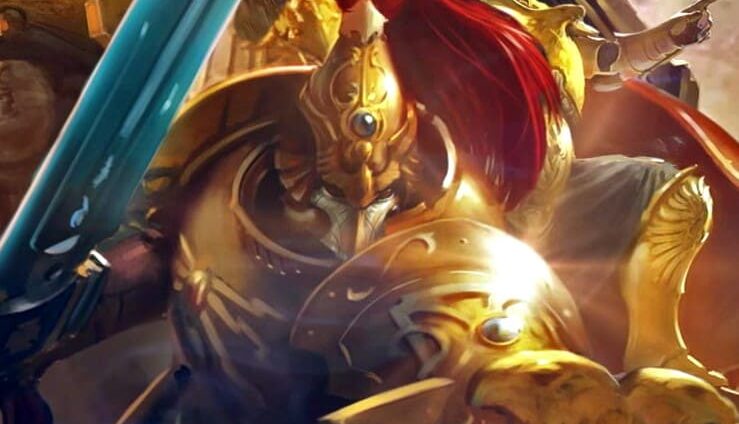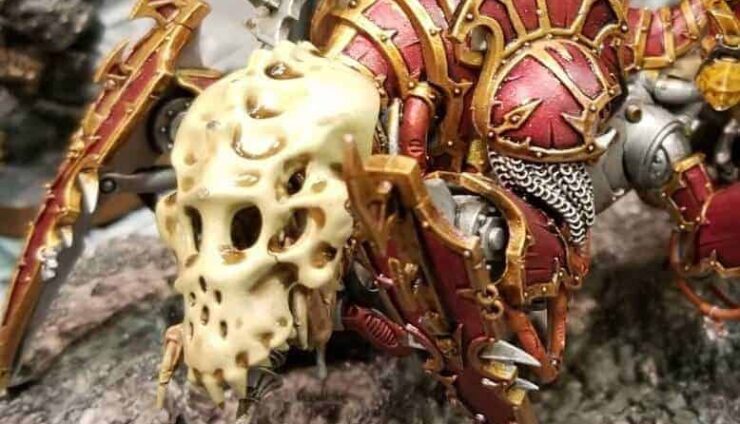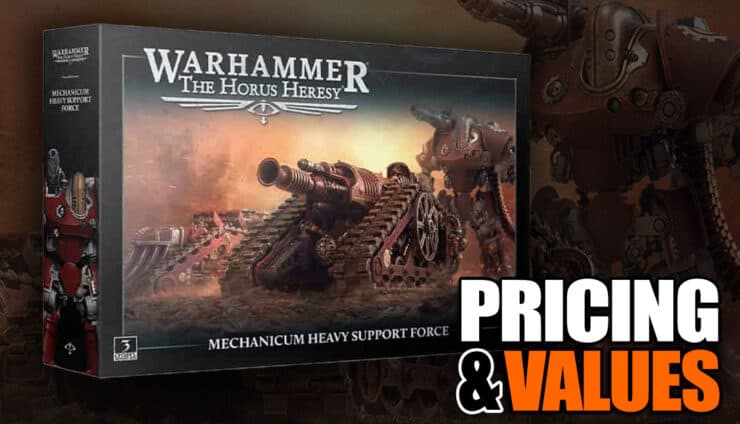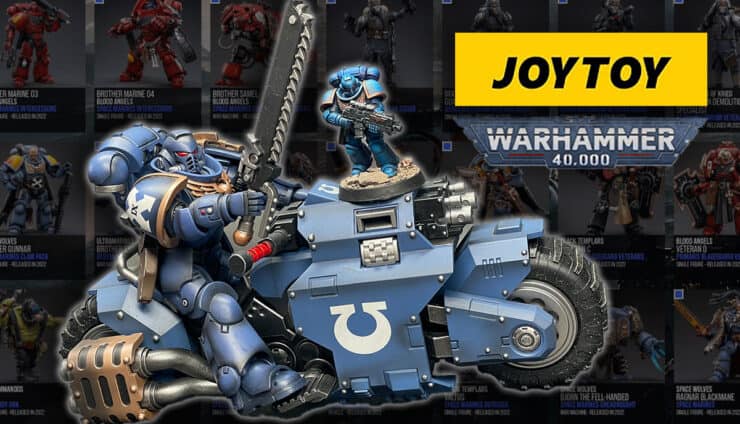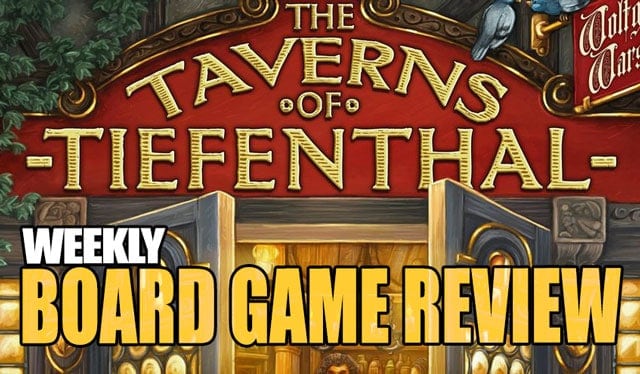
The Taverns of Tiefenthal is a 2-4 player game from designer Wolfgang Warsch, recently known for the smash hit Quacks of Quedlinburg. North Star Games is handling the North American publication of this game. A typical game plays in about an hour.
Taverns of Tiefenthal: $49.99
Get It For Less At Miniature Market
The Taverns of Tiefenthal combines dice placement with deck building to create a challenging and accessible game for all skill levels – a hallmark of all Wolfgang Warsch’s games. With multiple ways to expand the game, it has hours and hours or replayability.
Includes 4 expansions.
Contents:
4 Taverns
16 White Dice
12 Colored Cubes
4 Beer Coasters
12 Counter Guest Markers
4 Beer Markers
4 Safe Markers
4 Monastery Markers
4 Reputation Markers
1 First Player Marker
1 Turn Marker
20 Schnaps Tokens
12 Entertainer Tiles
4 Guest Books
30 Signature Tiles
Serve Up Another Round Taverns of Tiefenthal: REVIEW
In Taverns of Tiefenthal, you and your opponents are proprietors of different taverns in the town of Tiefenthal. Each of you is competing to be the most reputable tavern of all. You will decide to hire bar staff, increase seating, even increase the size of your beer cellars to stockpile more beer. And of course, beer is how you’ll attract more guests. More guests mean more money and that’s how you can upgrade your tavern to be even better than before.
Taverns of Tiefenthal can be played bare-bones or by adding any number of up to five modules. If using any module you always include any preceding numerical module. I will say after trying various combinations the game feels more complete. The only module I’d not use all the time would be the fourth one. This is the module that gives each player an asymmetrical startup.
Taverns of Tiefenthal combines a deck-building mechanism with dice drafting. Each player will start with an identical bare minimum deck with some regulars (guests), a few bar staff, and a table. Each tavern has three built-in tables. As you start each day, you draw cards off your deck and place them into the correct locations of your tavern. Guests are placed on your empty tables and bar staff are placed into their work areas. Once your tables are filled up you stop drawing and the dice draft begins.
Each guest and most of the areas of your tavern have dice slots that will activate when you dedicate a dice of particular value to them. Guests typically earn gold and the beer vendor is the main method of earning beer. Gold pays for new tavern staff and upgrades. Beer is how you attract more guests. Guests are worth points and some tavern staff is as well. Each time you upgrade any part of your tavern, a noble will be added to your deck. These are special since they are worth ten points each.
Once each player has drafted four dice they will add any bonus dice from the wait staff. Then in turn order, you will allocate your dice and earn gold and/or beer. After each player has bought tavern staff and a guest or upgraded their tavern, closing time happens each day. This just involves cleaning up your tavern setup and discarding all cards drawn on your turn. Once this is completed the next day starts and the first player rotates to the next player.
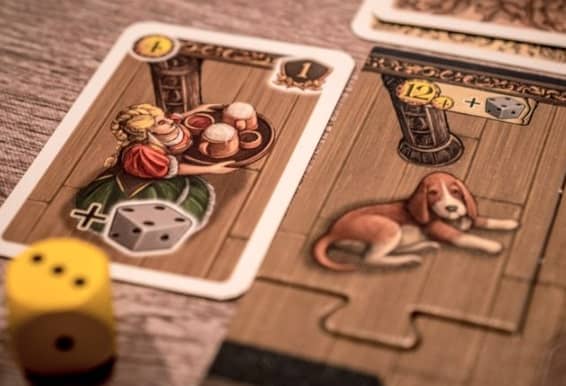
The second module adds entertainment and schnapps. Each entertainer will have a choice of an effect that is paid for with schnapps tokens. There is a dancer, fire breather, and Juggler that will show up on various rounds and they stay for the rest of the game to be used anytime.
The third module in Taverns of Tiefenthal adds a reputation bonus. Several new guests add to reputation as well as a new member of tavern staff, a Bard. Each time a bard plays in your tavern you increase your reputation.
The fourth module is one I could take or leave I typically choose not to use this one. The basic idea is each player has a unique starting deck as opposed to what you’d normally have. The idea of an asymmetrical play through is cool, however.
Last but not least, module five adds a guestbook. Here you will gain signatures and bonuses as you gain more.
Overall, I love how cozy Taverns of Tiefenthal feels. The theme is very well integrated and really feels like running a tavern. This is another fantastic winner from Wolfgang Warsch. I definitely recommend this for game night. If you enjoy deck building with a little dice drafting then this title is for you.
I hope you get a chance to check out this awesome title.

